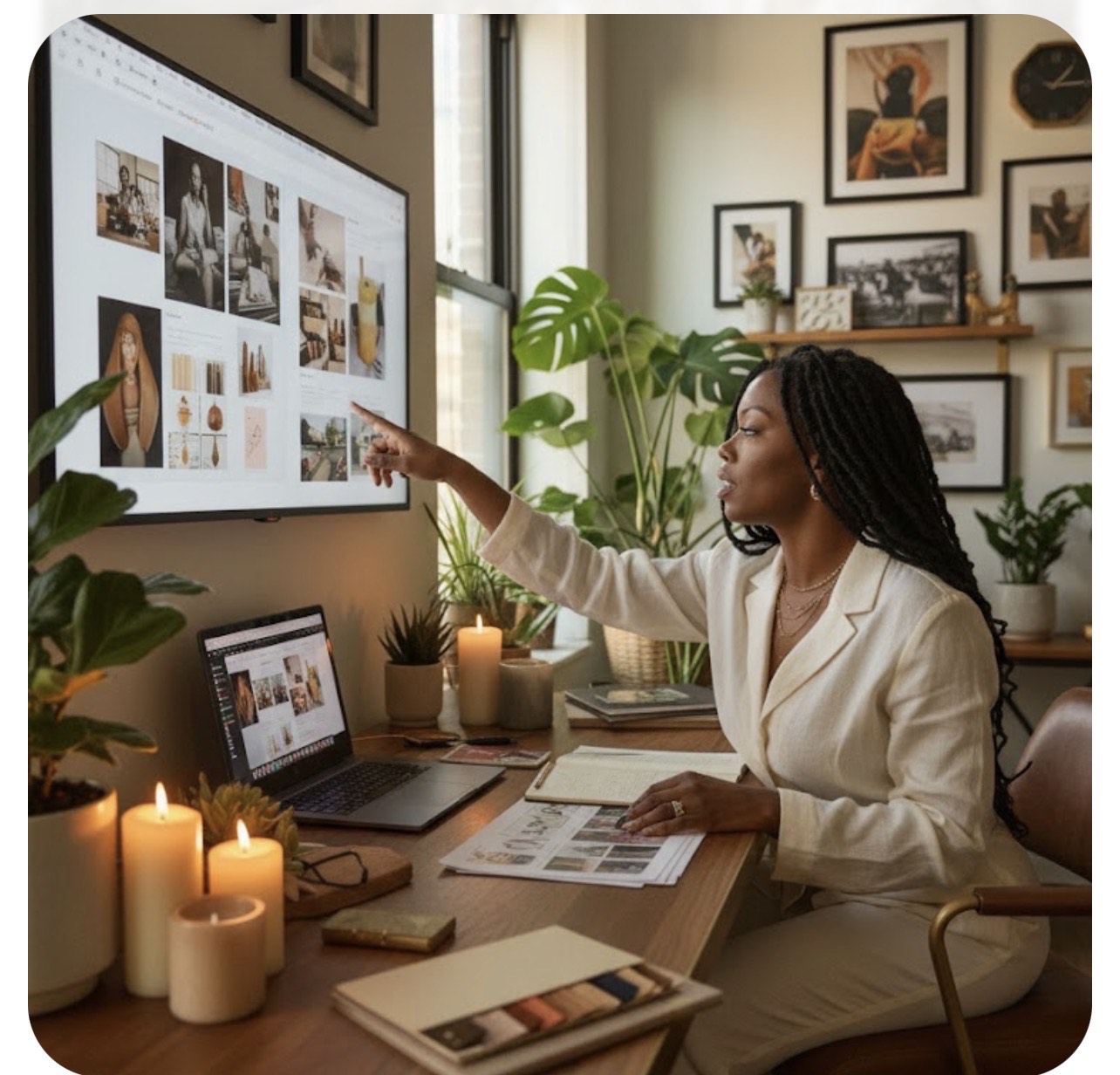Alright – so today we’ve got the honor of introducing you to Sheena Roberson. We think you’ll enjoy our conversation, we’ve shared it below.
Sheena , appreciate you joining us today. If you could go back in time do you wish you had started your business sooner or later
I always wished I had followed my instincts and interest over pursuing my depiction of success back then and started working for myself a long time ago. But Cannabis Noire was bred out of necessity so it was actually just divine timing at its finest. I realized that the moment I walked into a cannabis conference in Philly and instantly saw that our community was nowhere in the room. There were no Black people, no Black women, no one who looked like the folks who had lived through the worst parts of cannabis criminalization. I had just began helping my mother explore holistic wellness options including / especially cannabis to help her navigate her illness. The access to safe digestible information surrounding cannabis being used medicinally was lacking and for black and brown folks from my community it was in some cases dangerous to explore. Rather it be a fear of the justice system, fear of employers, fear of family judgement the stigma surrounding cannabis was just as big a barrier as the lack of safe and equitable access turned out to be. I was trying to share information I thought was essential, and people had no idea what I was even referring to. That’s when I realized that this was more than misinformation and rhetoric it was a lack of education access and stigmatization. I grew anxious to build a space for myself and my community that was steadily watching this industry being built form the outside.
This ultimately gave me pause, my personal feelings experiences and new understanding and exploration of the space was pressing on me from every angle. “I come from this” I thought . I have family locked up over the same plant people are now openly building million-dollar companies around. And I refused to sit in a room full of people celebrating profit while my cousins are still serving time. It felt disrespectful, it felt dishonest, and it felt like a continuation of the same erasure we’ve always experienced. But I know that not being in the room was even more detrimental, someone had to be more than a representation but a resource and pathway to accessibility in the cannabis industry.
That frustration, that contradiction, that realization, is how Cannabis Noire was born.
I wanted to create a space that centered us. A space where Black and Brown people could ask questions without judgment, learn without shame, heal without stigma, and see themselves reflected in every part of the conversation. I didn’t want to wait for the industry to make room for us. I wanted to build the room.
And honestly, that’s the same energy that birthed the HIGHER Conference. I got tired of only taking up space in other people’s experiences and programming that didn’t reflect our reality or our needs. So I created the kind of event, the kind of ecosystem, that actually centered our stories, our healing, and our leadership.
I knew it was a worthwhile endeavor because the need was loud. People were hungry for representation, for information, for community, for a space that didn’t treat them like outsiders to something our ancestors had paid for with their freedom. Cannabis Noire filled a gap that shouldn’t have existed in the first place … and that’s exactly why it works .
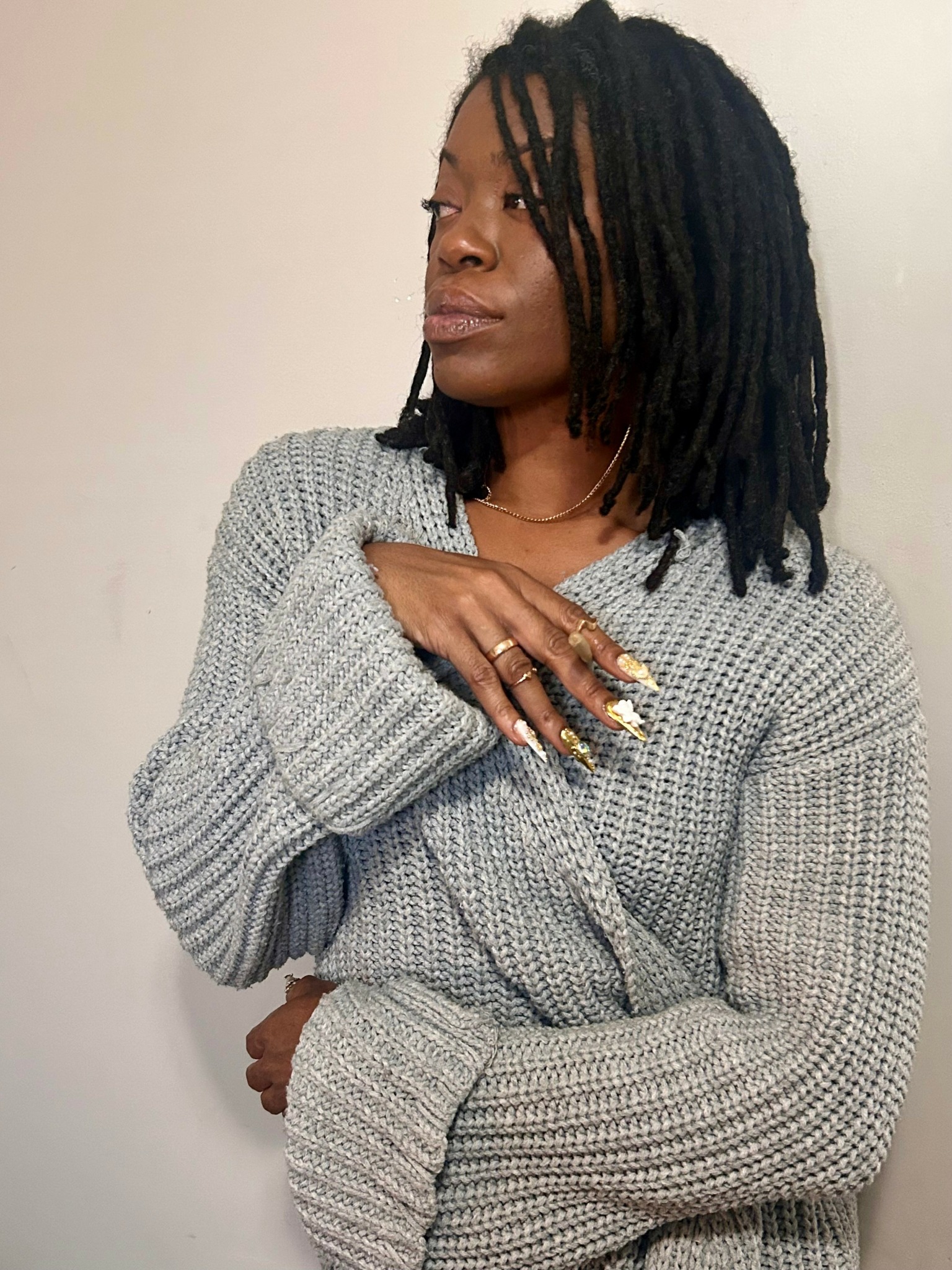
Sheena , before we move on to more of these sorts of questions, can you take some time to bring our readers up to speed on you and what you do?
I’m Sheena Roberson, a community organizer, mother, cultural strategist, and the founder of Cannabis Noire, the HIGHER Conference, Mae’s June Creative and Staffing Agency, and our non profit DOPE, which stands for Developing Opportunities and Providing Equity. Everything I build lives at the intersection of culture, equity, access, and healing. My work didn’t come from wanting to be a business owner. It came from seeing exactly what my community was missing and deciding to create it.
My introduction to the cannabis industry wasn’t glamorous or corporate. It was personal and rooted in responsibility. I come from a community that has been heavily impacted by cannabis criminalization. I have family who served time over the same plant people now openly profit from. When cannabis became part of my own wellness journey, I realized how little information and representation existed for Black and Brown communities. That pushed me to create Cannabis Noire and later the HIGHER Conference so our stories, our healing, and our leadership wouldn’t continue to be erased and altered.
Beyond cannabis, my work is bigger than one industry. I believe in building infrastructure for our communities, real systems that create stability, opportunity, and long-term change.
Mae’s June Creative and Staffing Agency is a full-service agency that provides both creative strategy and workforce development. We develop culturally rooted campaigns, programming, and experiences while also creating employment pathways for people often overlooked in traditional hiring processes. We focus on coaching, job placements, and professional development that reflects real-life circumstances, especially for working parents and returning citizens.
DOPE, Developing Opportunities and Providing Equity, is the nonprofit arm of my ecosystem. DOPE provides consistent work opportunities, workforce training, education, housing support, and personal stability resources. It exists because equity requires structure, not slogans. Our communities can’t succeed without real support systems beneath them, and DOPE is built to provide exactly that. We are currently organizing food and resource distributions in light of the recent SNAP pause.
24 West is my Real Estate and property management agency designed to help new owners, agents and investors property management, development and construction support.
What problems do I solve? I build access where there is none. I create spaces where people feel seen, supported, educated, and empowered. I design systems that meet people where they are and help them get where they’re trying to go. My work bridges the gap between information and opportunity.
What sets me apart is that everything I build comes from lived experience and real community work, not theory. I bring honesty, cultural fluency, and execution. I don’t create for optics. I create for impact, and people trust that.
What I’m most proud of is that none of this was handed to me. I built it while being a mother, a community leader, and a woman navigating my own healing. I’m proud that my work has given people jobs, clarity, support, representation, and a sense of home.
What I want people to know is that everything I do has intention behind it. Cannabis Noire, HIGHER, Mae’s June Creative and Staffing Agency, and DOPE are not just brands. They’re ecosystems built for our community’s growth, safety, and empowerment. I’m here to build long-lasting structures, not moments, and to make sure Black and Brown communities are not just part of the future but shaping it.
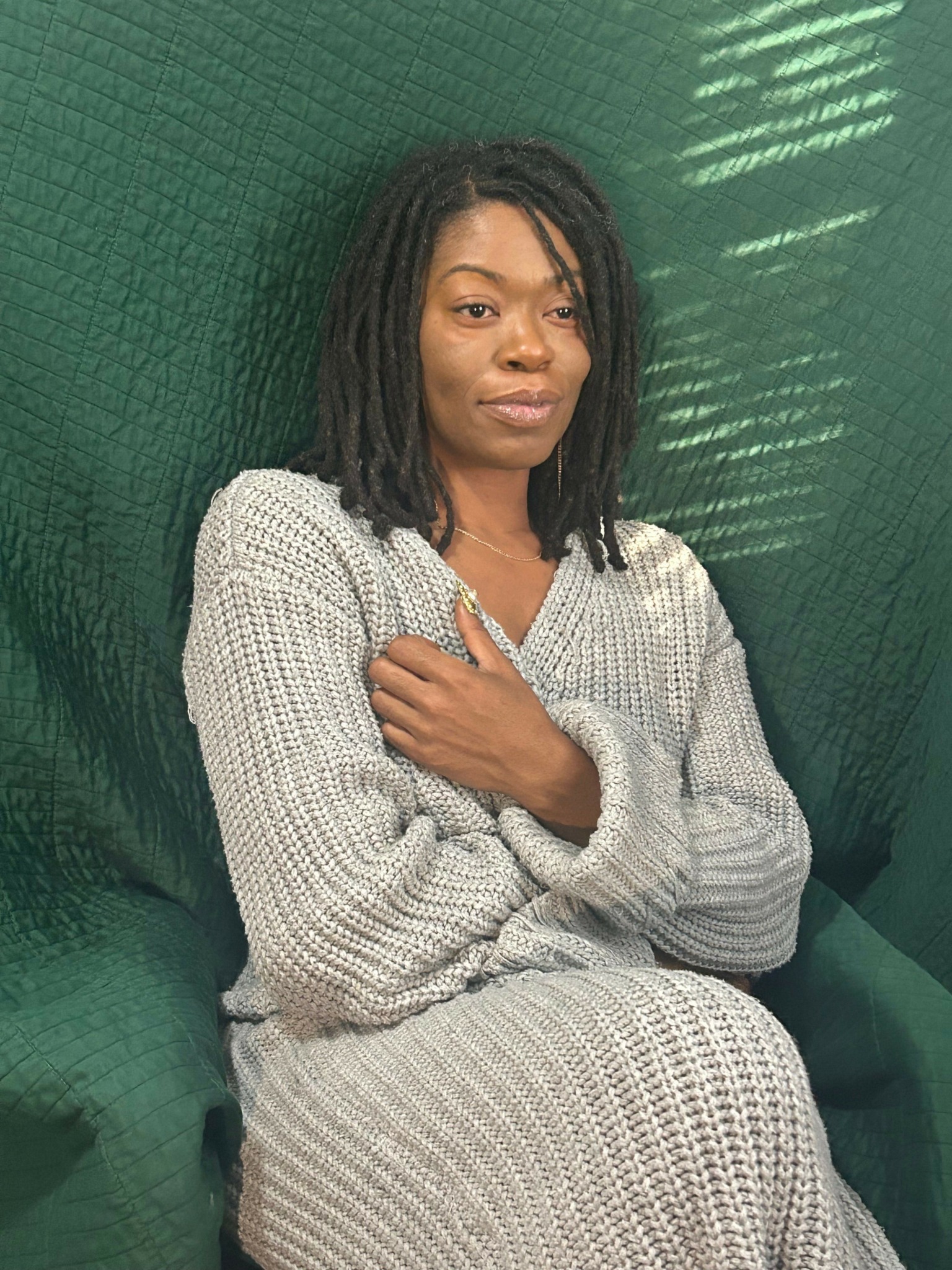
Can you tell us about a time you’ve had to pivot?
One of the most intense pivots I’ve had to navigate happened with the HIGHER Conference. One of our major sponsors backed out at the last minute, leaving us holding the bag and forcing us to completely rethink how we were going to execute the event. For a moment, it felt like everything we had built might be compromised, but we shifted in real time, adjusted our strategy, and still delivered an incredible, successful experience. The pivot was real and it tested every skill I had.
Fortunately, my experience in marketing spans far beyond the cannabis industry. I was Regional Marketing Director for Chick-fil-A and worked as a Creative Director and Consultant for household names like Home Depot and Coca-Cola. Figuring out another way to execute under pressure was second nature. I knew we could pivot, adapt, and still deliver an event that honored the vision and the community. That experience reinforced not just my ability to problem-solve under pressure, but also the importance of investing in Black and Brown spaces. When communities like ours are underfunded or overlooked, it forces organizers to scramble, and that work shouldn’t have to rely on last-minute heroics. It deserves intentional support from the start.
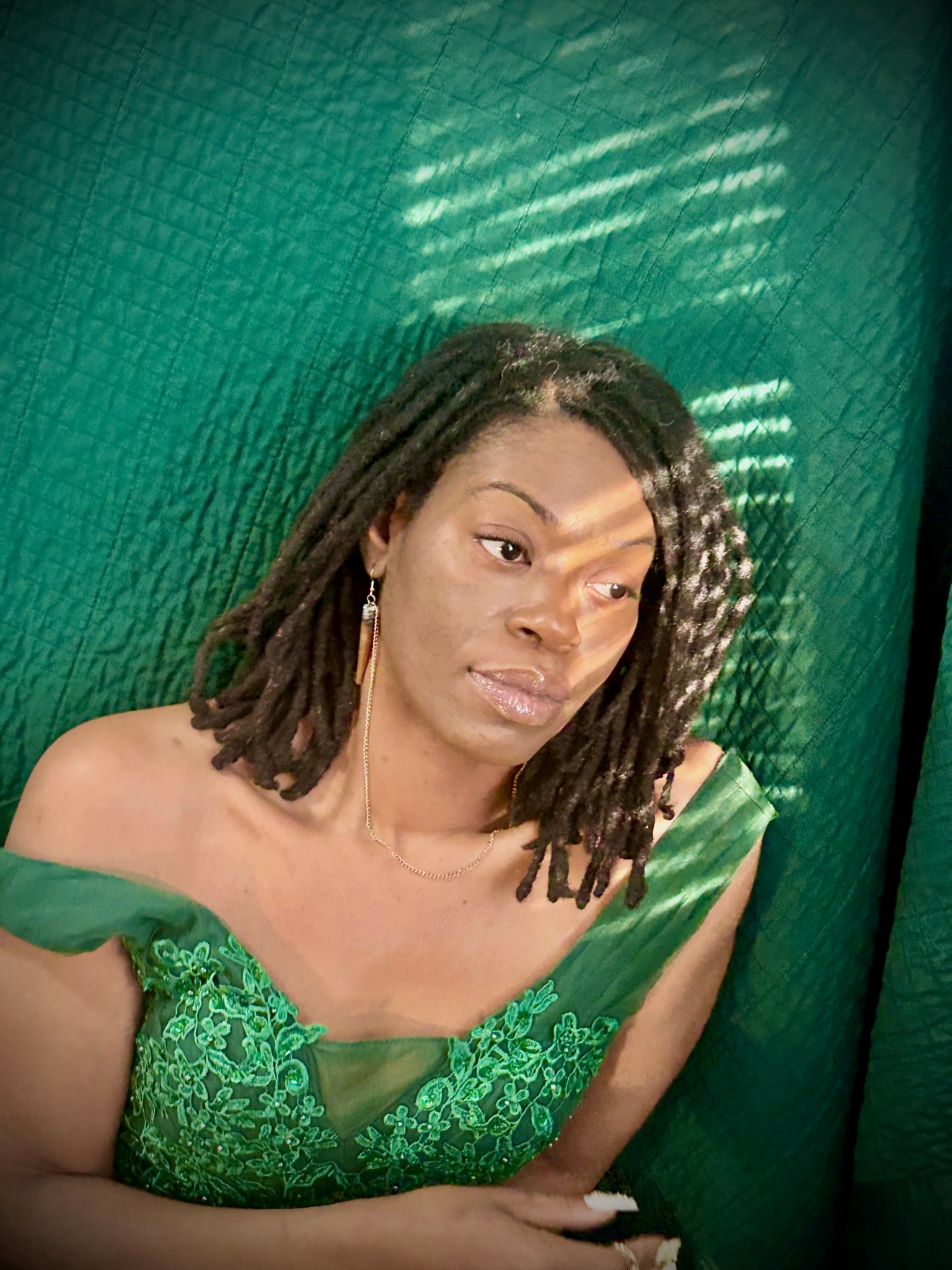
We often hear about learning lessons – but just as important is unlearning lessons. Have you ever had to unlearn a lesson?
One of the biggest lessons I had to unlearn was that success has to look a certain way or that I had to fit into someone else’s mold to achieve it. For years, I bought into the idea that climbing the corporate ladder, following rigid rules, and checking all the boxes was the only path to credibility and impact. I saw it in every job I had, from marketing for Chick-fil-A to consulting for household names like Home Depot and Coca- Cola but steadily continued to climb even when it didn’t feel authentic.
I was stepping into industries and spaces that weren’t built for people like me. Trying to follow systems designed for someone else felt like erasing pieces of myself and the people I wanted to serve. I had to let go of the idea that I needed someone else’s approval to lead or that my vision had to fit a pre-existing template.
Once I did, everything shifted. I realized success could be defined on my own terms in a way that centered Black and Brown communities, equity, and cultural authenticity. That shift opened the door to creating Cannabis Noire, HIGHER Conference, 24 West Property Management , Mae’s June Creative and Staffing Agency, and DOPE, spaces and systems built for people who had been told they didn’t belong. Real impact comes when you lead from your truth, not someone else’s playbook.
Contact Info:
- Website: https://Cannabisnoire.com
- Instagram: Cannabis _noire
- Facebook: Higher conference for women of color
- Linkedin: sheena Roberson
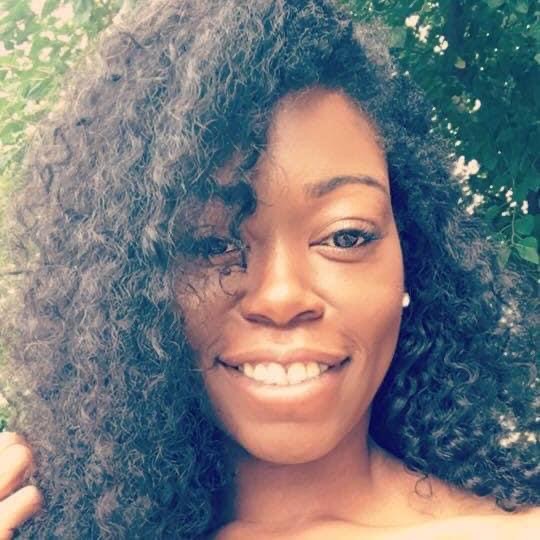

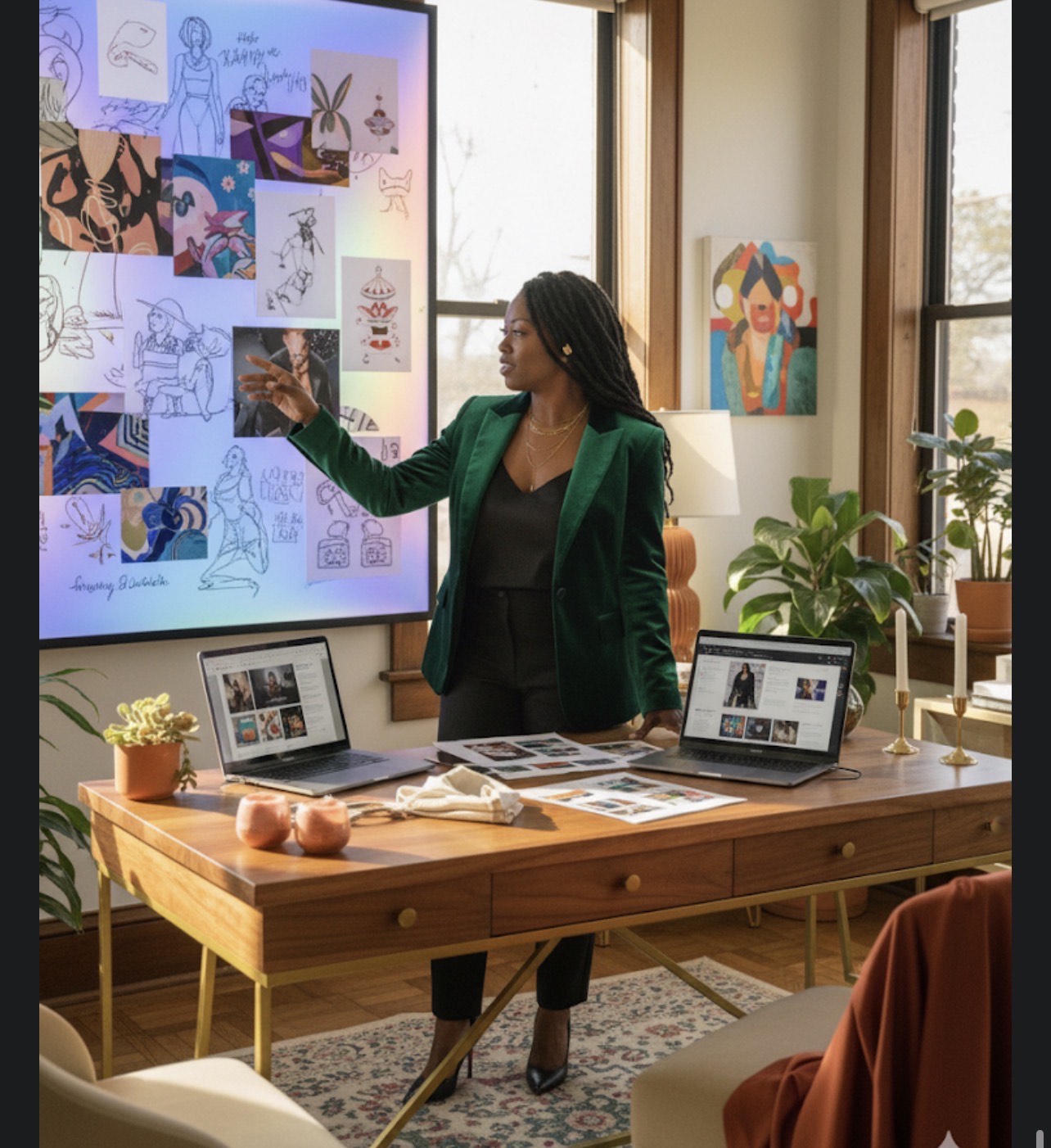
Image Credits
Jordan Harmon


